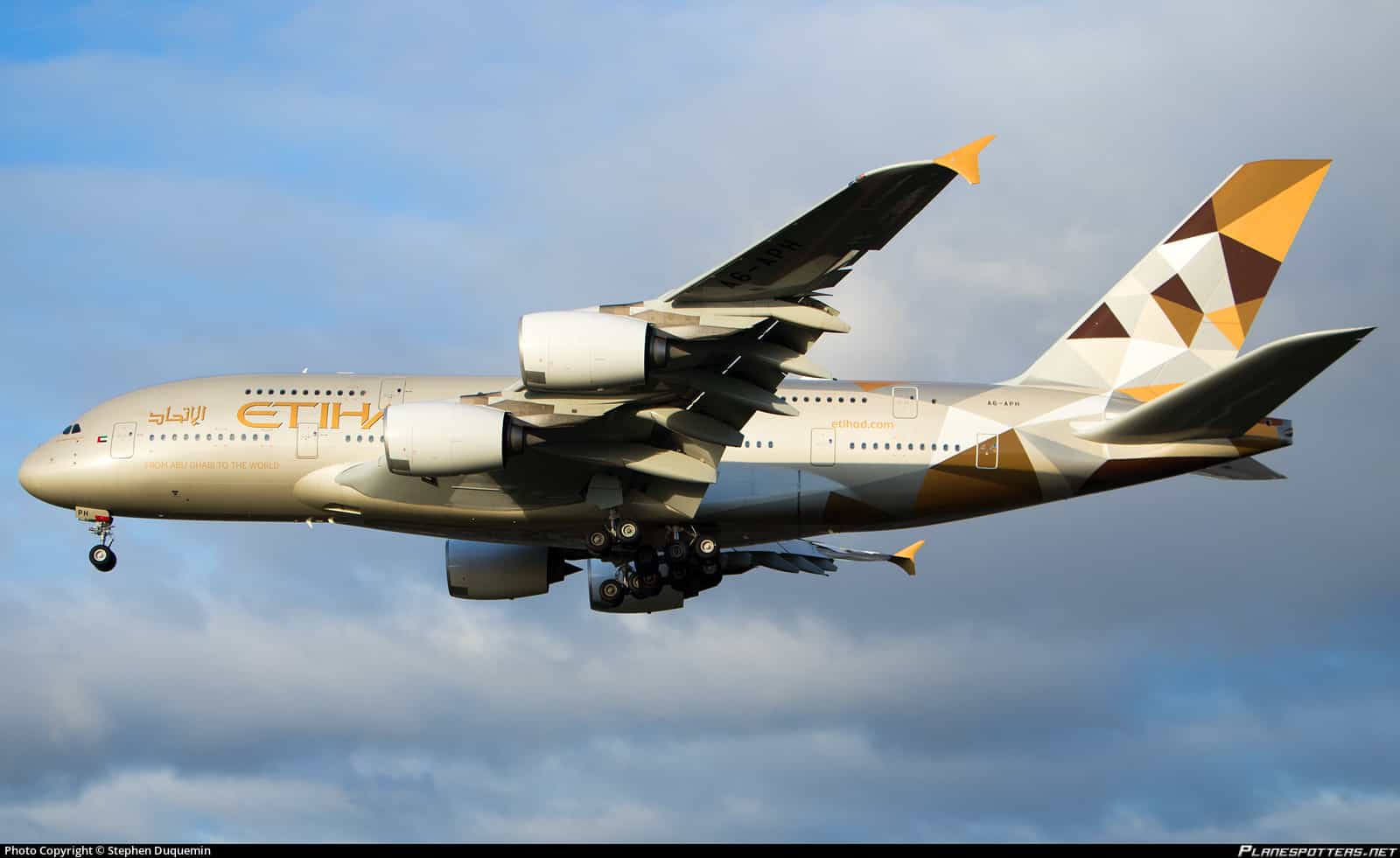Etihad Airways said the $870 million loss in 2019 was a significant improvement from the heavy loss of $1.28 billion the year before, exceeding the company’s internal predictions. Although figures improved slightly in 2019, it is still the troubled airline’s fourth consecutive year of losses.
Abu Dhabi’s state-owned carrier also announced “an encouraging 32% improvement in core operating performance for 2019, on revenues of US $5.6 billion” compared to $5.9 billion in 2018. A continued focus on cost control and low fuel prices helped the troubled carrier bounce back slightly last year.
Savings found from measures such as reducing routes and seat numbers have enabled Etihad to reduce core operating costs by 55% since 2017, leading the airline to declare its transformation strategy is on track. The five-year transformation program aims to return the company to profit by 2023.
That being said, despite filling 78.7% of seats on Etihad flights, passenger numbers were down from 17.8 million in 2018 to 17.5 million in 2019. Passenger revenues were also slightly down but route profitability improved overall due to capacity reductions.
Cargo figures also fell from 682,100 tons in 2018 to 635,000 tonnes in 2019, leading to a reduction in revenue from $830 million to $700 million last year. Etihad blames “belly-hold and freighter capacity rationalization undertaken in the fourth quarter of 2018, combined with adverse market conditions” for the 7.8% drop.
CEO Tony Douglas was upbeat and said improved operating cost bases had reduced the pressure on Etihad, giving the company the “headroom to invest in the guest experience, technology and innovation, and our major sustainability initiatives.”
“There’s still some way to go, but the progress made in 2019, and cumulatively since 2017, has instilled in us a renewed vigor and determination to push ahead and implement the changes needed to continue this positive trajectory,” he said.
Etihad identified progress on its fleet renewal program, the sale of its old aircraft, and increases in flight frequencies on key routes as highlights for 2019.
Going forward, agreements to sell Etihad’s retired Airbus A330 aircraft and the sale and lease-back of its current Boeing 777-300ER aircraft were expected to boost 2020 results.
Although the company is yet to comment on the issue, reduced travel due to the novel coronavirus (COVID-19) outbreak will undoubtedly eat into those gains.
The global aviation industry body, the International Air Transport Association (IATA) has predicted air travel disruptions due to COVID-19 will cost the industry $29 billion, equivalent to a 4.7% industry-wide drop in revenue per passenger-kilometer.

